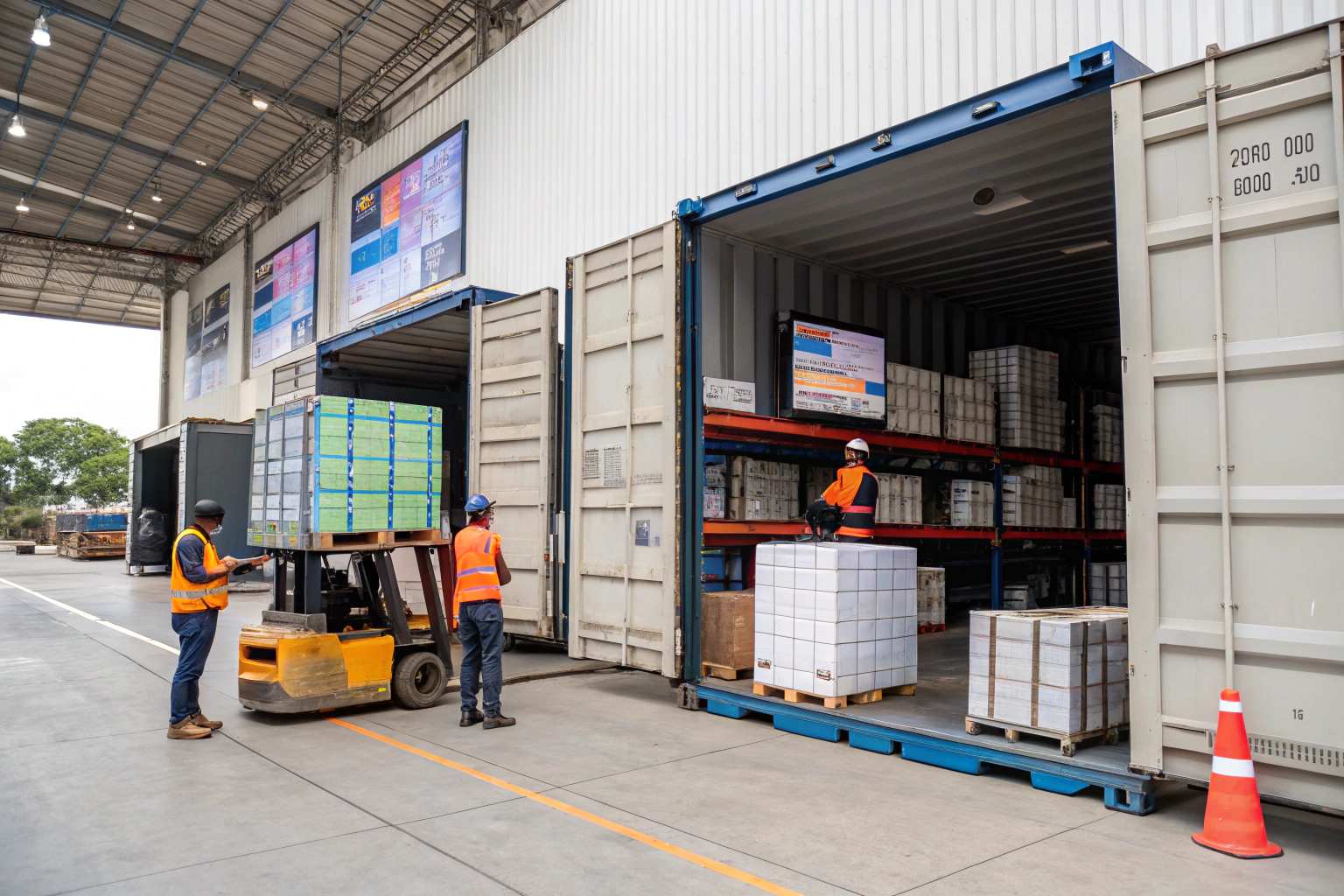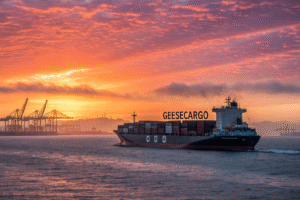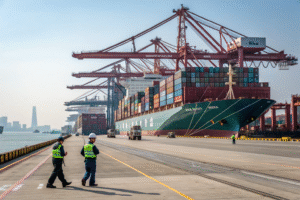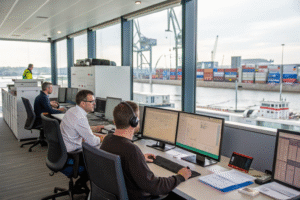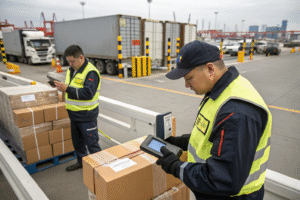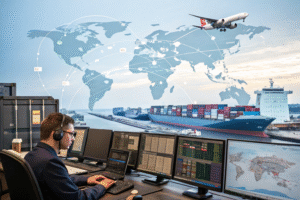Managing inventory across international borders is no small feat. Many U.S. importers like Ron tell me their biggest headaches come after the goods arrive—where do you store thousands of units, how do you avoid demurrage, and how can stock stay ready for final delivery? This is exactly where freight forwarders like us at GeeseCargo step in with warehousing solutions.
Yes, freight forwarders can help with warehousing solutions. These include bonded storage, fulfillment center integration, cross-docking, and inventory management—helping you avoid fees, speed up deliveries, and maintain supply chain control.
Warehousing is no longer separate from shipping. Today’s freight partners integrate these services to offer smoother, faster, and smarter logistics. In this article, I’ll explain how it works and how your business benefits.
What Types of Warehousing Services Do Forwarders Offer?
Modern freight forwarders go beyond ports—we manage storage, stock, and shipping under one roof. Whether it’s short-term storage or full e-commerce fulfillment, we handle it all.
Forwarders offer bonded and non-bonded warehousing, cross-docking, inventory storage, and fulfillment services.
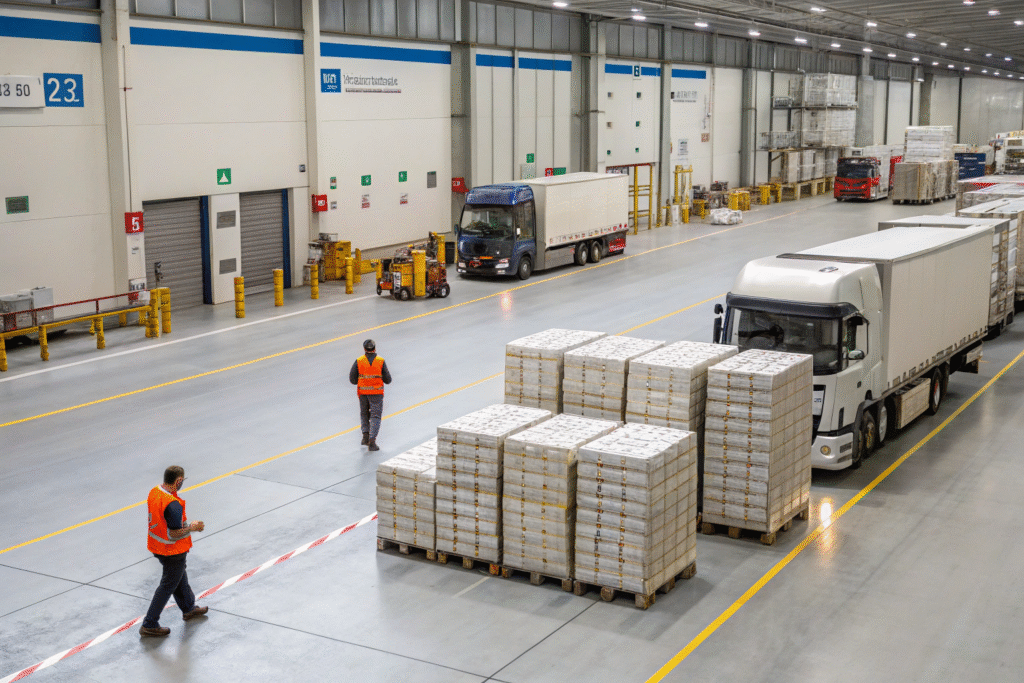
What Is Bonded vs. Non-Bonded Warehousing?
Bonded warehouses are secure spaces authorized by customs where goods can be stored before duties are paid. This gives you more time to manage compliance or finalize sales before releasing inventory.
In contrast, non-bonded warehouses are for domestic use after customs clearance. Both types are critical, depending on whether your goods are in transit or cleared.
For example, Maersk Logistics and UPS Supply Chain Solutions offer flexible options across major U.S. and Chinese cities.
What Is Cross-Docking and Why Use It?
Cross-docking involves receiving goods and immediately shipping them out without storing them long-term. It's ideal for fast-moving goods and minimizes storage costs.
We use tools like NetSuite WMS to manage dock-to-door operations, giving importers a leaner flow from port to final warehouse or retailer.
Cross-docking helps clients like Ron meet retail timelines while reducing idle inventory risks.
How Does Warehousing Reduce Port and Shipping Costs?
Warehousing isn’t just about storage—it’s about cost control. Used strategically, it saves you money on detention fees, demurrage penalties, and delivery delays.
Warehousing helps importers lower port costs, avoid overflow charges, and streamline inland distribution.
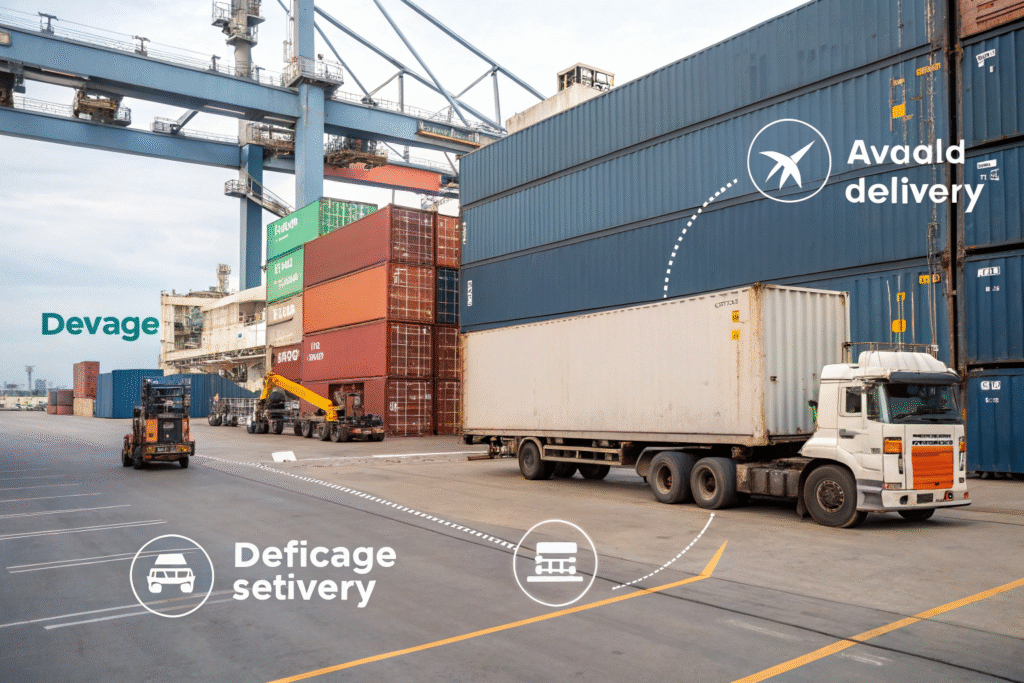
How Does It Prevent Demurrage and Detention?
If you miss your free container time at the port (usually 3–5 days), charges add up fast. By pre-booking warehouse unloading, we shift goods from port to storage before fines kick in.
We also use bonded zones like the Yangshan Free Trade Zone or U.S. Foreign-Trade Zones listed by CBP to gain tax and timing advantages.
Clients save thousands by using our network of port-adjacent warehouses as buffer zones.
Can Warehousing Improve Last-Mile Speed?
Absolutely. Forwarders with warehousing services preload shipments by region, product type, or customer priority. That means your delivery fleet or fulfillment partner can move faster once orders are triggered.
We integrate warehouse management systems like Fishbowl or 3PL Central with our freight tools so your stock is always ready for the next step.
How Do Freight Forwarders Integrate Fulfillment?
Today’s freight forwarder is also a fulfillment specialist. We store your inventory, pick and pack orders, and ship directly to customers or retail chains.
Forwarders offer integrated B2B and B2C fulfillment with real-time inventory updates and delivery tracking.
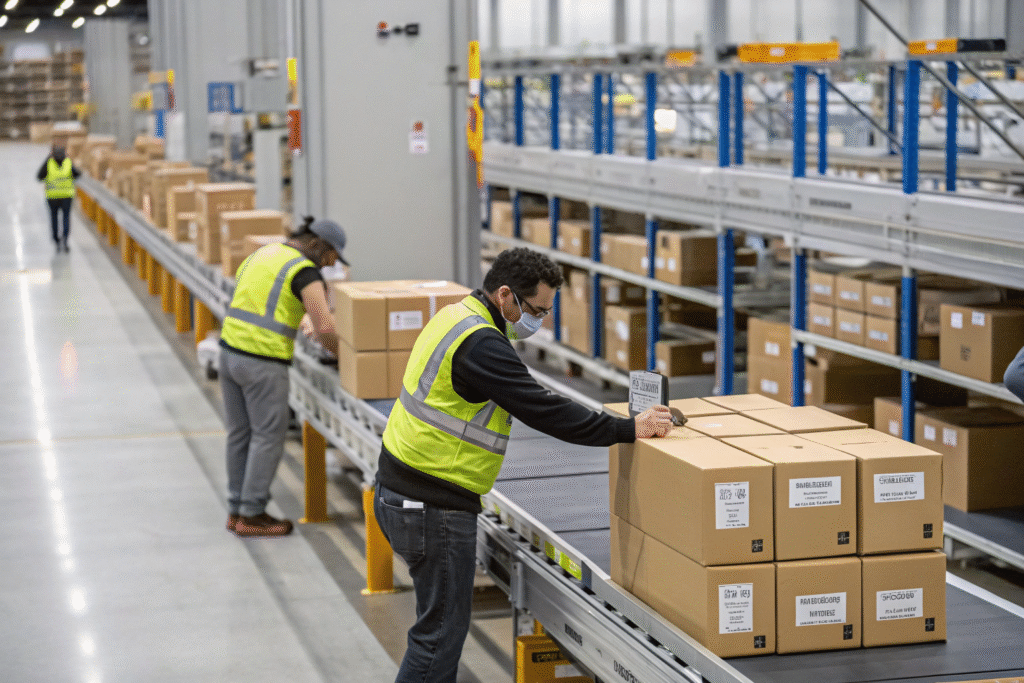
Can Forwarders Handle E-commerce Fulfillment?
Yes, especially for DDP shipments. We’ve helped clients ship goods from Yiwu to our warehouse in Shenzhen, and then fulfill daily orders to Amazon FBA or Shopify customers in the U.S.
Platforms like ShipBob and Deliverr set the standard for e-commerce warehousing. At GeeseCargo, we offer similar services with more control on the China side.
This reduces lead times, improves customer satisfaction, and aligns with global retail cycles.
What’s the Role of WMS Integration?
Warehouse Management Systems (WMS) help you monitor SKU levels, packing accuracy, expiration tracking, and more.
We connect our WMS to your ERP or sales platform. Tools like Cin7 or Zoho Inventory let you manage orders in real time—no need to send spreadsheets back and forth.
With full tracking, you never lose visibility, even when shipments cross borders or are split across warehouses.
What Should You Look for in Warehousing Partners?
Not all warehouses are equal. Some are basic storage sheds. Others—like the ones we work with—are high-efficiency operations built to support scaling businesses.
Choose warehousing partners that offer visibility, flexibility, security, and seamless freight integration.
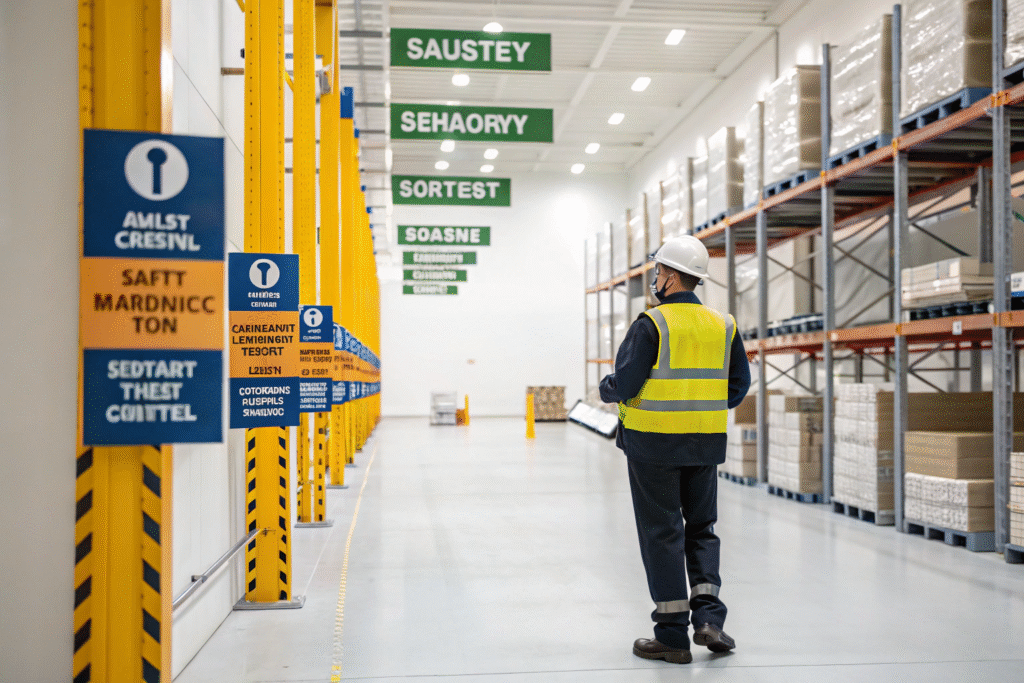
How Do You Ensure Inventory Security?
Ask about 24/7 surveillance, insurance coverage, barcode traceability, and restricted access zones. We’ve seen clients lose shipments or stock due to poor warehouse protocols.
That’s why we only use certified facilities with ISO 9001 and C-TPAT standards.
Security isn’t just theft prevention—it’s your brand protection.
What Flexibility Should a Good Warehouse Offer?
Good warehouses offer:
- Adjustable storage periods
- On-demand fulfillment
- Temperature/humidity control
- SKU-level reporting
- Return management
At GeeseCargo, we offer both fixed contracts and flexible plans for peak season. Our clients don’t pay for empty space or scramble for inventory handling when volume spikes.
Look for warehouses that support your business cycles, not just your boxes.
Conclusion
Freight forwarders aren’t just middlemen between ports—they’re full logistics partners. When you partner with GeeseCargo, we go beyond transit to offer comprehensive warehousing support that keeps your inventory safe, visible, and ready.
Whether you’re importing wholesale garments, running an e-commerce business, or distributing to multiple U.S. warehouses, our integrated freight and warehousing service makes your supply chain faster and smarter. We handle the cargo. You handle the growth.
